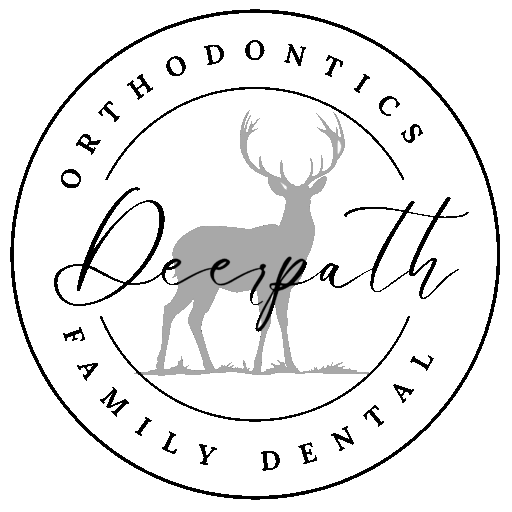Smilesthat Grow
"Nurturing Little Smiles With Big Care"

Dr. Emgushova
Our mission is to help children grow healthy and confident by providing gentle and expert pediatric dental care.
Happy Smiles
Professional Care for Your Child's Dental Health
Your child’s smile deserves expert care, and that’s exactly what you’ll find at Deerpath Orthodontics and Family Dental.
Our services are designed to meet the needs of even our youngest patients, ensuring a healthy smile as your child grows. Our compassionate care will help your child feel comfortable from their first visit, so we can ensure your child is set for a lifetime of healthy smiles.
Why Pediatric Dentistry
Even though your child’s baby teeth are designed to fall out, they play a crucial role in the development of the adult smile. Keeping them healthy can ensure your child’s adult smile can grow to be strong and healthy, too.
Regular visits for your child allow us to:
Prevent cavities through routine cleanings and preventive care such as sealants and fluoride treatments
Detect concerns before they become major problems
Teach children healthy habits they can use throughout their lives
Monitor growth and development, providing interventive orthodontic treatment when needed
At Deerpath Orthodontics and Family Dental, we are uniquely positioned to offer all of the care your child needs under one roof. Our dental team and orthodontic team work in conjunction to ensure our youngest patients get the care they need when they need it. We can ensure your child has the preventive care they need while they’re in braces to ensure their dental and gum health is always a priority. Early orthodontic evaluations can guide the teeth to their proper positions when the timing is ideal, which can potentially shorten your child’s time in treatment.
Creating a Dental and Orthodontic Home for Your Family
We know that visiting the dentist or orthodontist can cause some nervousness for some patients. At Deerpath Orthodontics and Family Dental, we work hard to provide a safe, comfortable environment where your child always knows they come first.
Our team offers patience and encouragement, so your children feel empowered and confident in their smile care.
We can’t wait to partner with you and your child to ensure a bright, healthy smile. Schedule your child’s appointment today.

